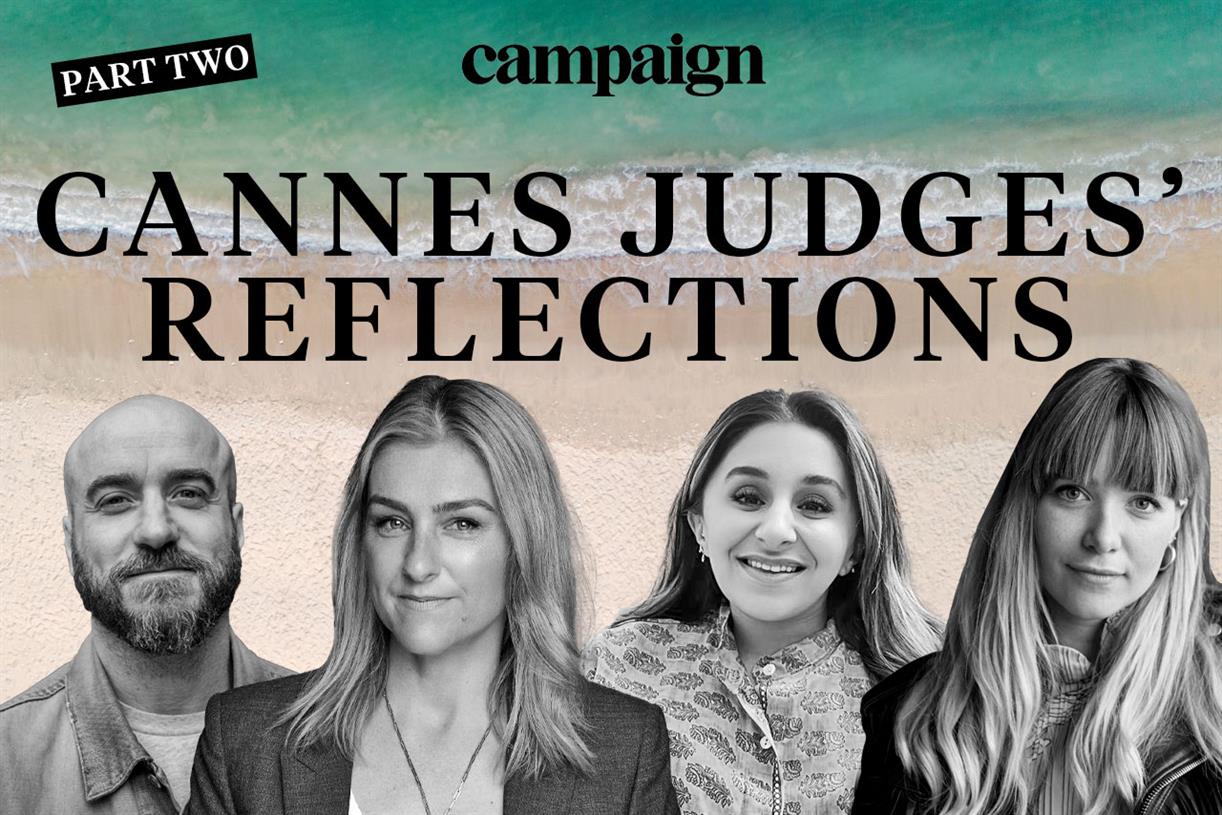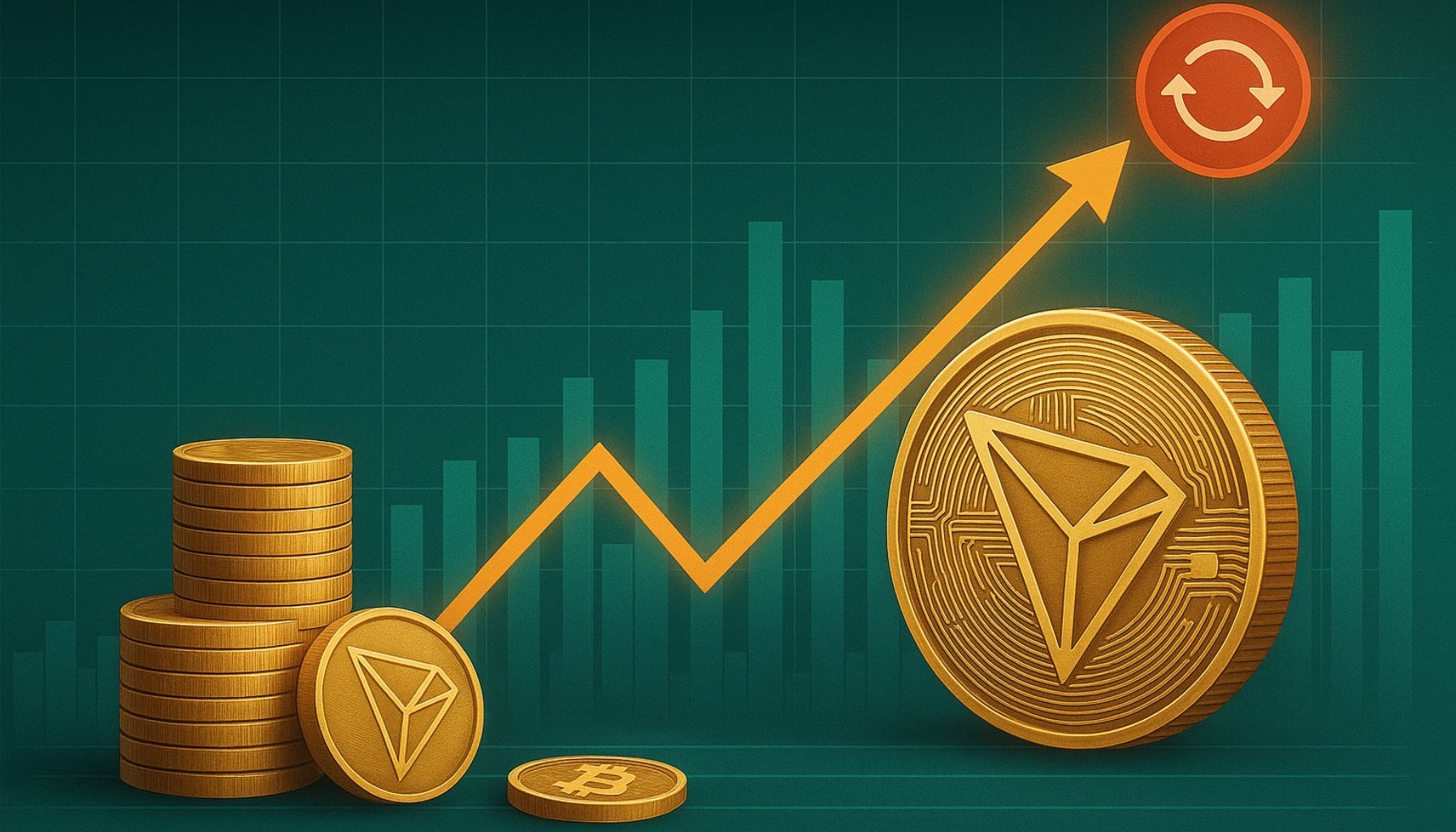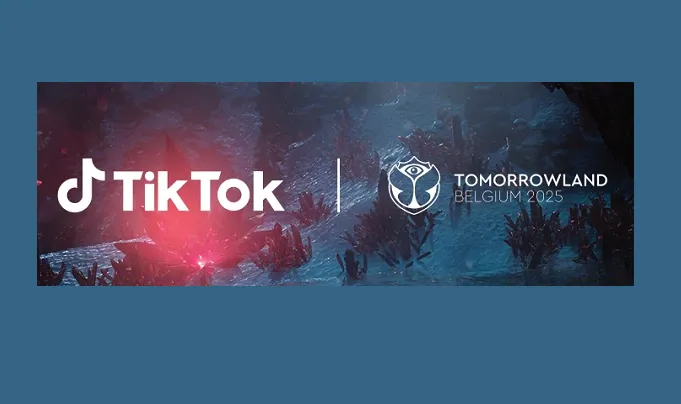Vaccine Passports Are Nothing New – They Have Been Saving Lives For 85 Years
Documents confirming vaccination status have contributed to eradication (or at least control) of deadly diseases since the 1930s. The post Vaccine Passports Are Nothing New – They Have Been Saving Lives For 85 Years appeared first on Vulcan Post.

The world is now debating the issue of “vaccine passports” which would provide proof of vaccination against Covid-19 to help resume international travel and, in some cases, be used domestically to allow access of inoculated individuals to public venues, restaurants, pubs et cetera.
However, fervent critics of all government regulations are decrying it as another intrusion into private lives of individuals.
Documents confirming vaccination status are not only already in widespread use, but have contributed to eradication (or at least control) of deadly diseases since they were introduced in the 1930s, through the International Sanitary Convention for Aerial Navigation, which targets smallpox, yellow fever, typhus and cholera.
It still remains in use today, chiefly as a record of vaccination for yellow fever as well as other vaccinations, which may be useful to know in case you’re in need of emergency care abroad.
 Here’s my own yellow card (carte jaune) / Image Credit: Michael Petraeus
Here’s my own yellow card (carte jaune) / Image Credit: Michael PetraeusTried And Tested To Help Save Lives
Today, various countries require proof of vaccination for entry or even transfer, for three diseases: yellow fever, polio, and meningococcal meningitis.
42 countries are currently classified as risk destinations for yellow fever, and 127 countries require vaccination for the disease if going to or coming from those high-risk destinations. This means that the requirement to show proof of inoculation is already quite widespread.
Even before Covid-19, you couldn’t travel to many countries without a confirmation of relevant vaccination.
 Vaccination against yellow fever / Image Credit: Wikipedia
Vaccination against yellow fever / Image Credit: Wikipedia Vaccination against polio / Image Credit: Wikipedia
Vaccination against polio / Image Credit: Wikipedia Vaccination against meningococcal meningitis / Image Credit: Wikipedia
Vaccination against meningococcal meningitis / Image Credit: WikipediaEradication of one of the most deadly diseases — smallpox — confirmed by the World Health Organisation (WHO) in 1980, was in no small part achieved thanks to vaccine certificates which required all travelers to be inoculated.
It’s hard to imagine how the world would have fared without these conditions, given the advent of international air travel after World War 2 and a rapid increase in global population.
 Smallpox vaccination certificate / Image Credit: WHO
Smallpox vaccination certificate / Image Credit: WHOIn other words, there are no grounds for dismissing the idea of vaccine passports since they not only have been in use for almost a century now, but have demonstrably led to the protection of millions of lives around the world.
Today, the question isn’t whether we should or should not employ them; it’s hardly debatable. The question is: how do we improve them?
We Should Learn From Africa
To look for innovative ideas, it often makes sense to look at those who are at the frontlines — in this case, those who are both most exposed to diseases and associated problems like forgeries of the paper certificates.
Let’s look at Africa.
Nobody bothers to have their yellow card forged in the West or developed Asia. People happily take the shot which is available and affordable (and nobody wants to risk their health for a few bucks).
But this is not necessarily the case for many Africans, who may not have access to proper healthcare or can’t afford a vaccine; which is why fake yellow cards have been a peril of the continent.
Its most populous country, Nigeria, decided to address the issue two years ago by developing an electronic vaccination certificate — an e-yellow card that comes with a QR code confirming the identity of the person and the fact that he or she received the jab.
 eYellow Card in Nigeria / Yellow Card Nigeria
eYellow Card in Nigeria / Yellow Card NigeriaThe solution became mandatory for all Nigerian residents in the middle of 2019, which is a good few months before the Covid-19 epidemic.
In the meanwhile, other countries like Zimbabwe have been developing similar solutions as well, and even managed to deploy them during this pandemic.
Vaxiglobal, a Harare-based organisation working with WHO’s Africa Innovation Team since 2018 launched a blockchain-based solution for vaccination certification that generates a QR code within a mobile app or on paper, which can provide instant verification for immigration officers at the border.
 An example document generated by the Vaxiglobal app
An example document generated by the Vaxiglobal appThe system went live in the first half of 2020 and is currently being used to track the results of PCR tests for Covid-19, confirming negative or positive status. It is now being expanded for use with Covid-19 vaccines, when the country is able to start the inoculation process.
Why Use Blockchain?
Deployment of the new technology that is most widely known for its use in the cryptocurrency market could provide an acceptable compromise for all the people worried about personal privacy as well as for the governments which want to ensure transparent, corruption and counterfeit-free systems of verification.
After all, there have already been reports of vaccines and fake vaccine passports being sold in the dark corners of the Internet.
Utilising blockchain enables verification of whether the traveler has been vaccinated without carrying or transmitting any personally sensitive information.
In addition — unlike with any other technology — the actual data storage is decentralised. It means that there is no single server or data center that could be breached and sensitive information leaked. It’s a major advantage and a strong argument for those who are skeptical about centralised government oversight creeping into our lives.
The opportunity we have with blockchain is to actually deliver the same outcome without the risk of centralising data to a single place. That is really what blockchain technology brings to us: verified credentials in a decentralised way. I don’t think we have another way to do it.
– Eric Piscini, Global VP of emerging business networks for IBM, in a conversation with ForbesMeanwhile, Zimbabwean Vaxiglobal is now in talks with South Africa’s government regarding implementation of the system in the country and later, across the 15-Members States of the Southern African Development Community.
“The team is working with biometric data companies to make verification even simpler, through a cloud-based biometric data system that does not even need QR codes”, reported WHO.
While Europeans and Americans are bickering amongst themselves about possible “vaccine certificate discrimination” or whether such documents compromise privacy and constitute an infringement of personal liberties, it turns out that Africans have already come up with pretty good solutions to the problem.
Instead of treating it as one, we should consider it as an opportunity to update a great idea which has saved millions of lives in the past century and which now deserves a digital overhaul.
Just like mRNA vaccines needed this global catastrophe to show their usefulness, blockchain can have its first global use in saving lives and livelihoods.
Featured Image Credit: Health Magazine

 Koichiko
Koichiko 
































